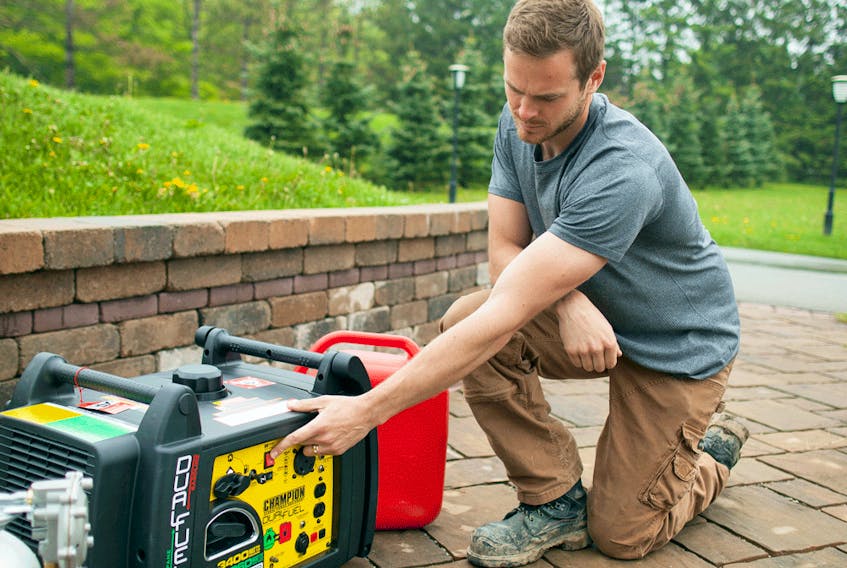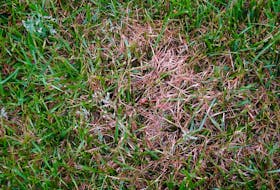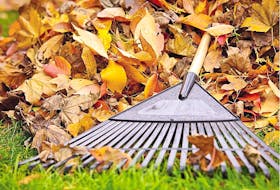Owning a home is a lot different than renting — and it comes with a steady list of to-do’s to keep it strong and secure. I hear from a lot of homeowners who are overwhelmed with their home maintenance, and I get how daunting it can be. But when you arm yourself with a little bit of knowledge on how to keep your home in good shape, you’ve already won half the battle. Knowing what you need to do, when, and more importantly, why it’s a necessary task, will make home ownership a much simpler process. When a home isn’t properly maintained it can even affect your family’s personal health.
Some of these things you’ll be able to do on your own easily, while for some others, you may need the help of an expert. When it comes to home ownership and maintenance, here are my tips to own it right.

Know what’s in your house
Your furnace or utility room is the lifeline of your home. Think about it: the ductwork running throughout your home is kind of like the veins in your body. It cycles air throughout your home — and it’s important that it’s doing its job properly. When you unbalance the system, you’re keeping it from running as well as it could. Not only does that mean it costs more to keep your home comfortable, it could also be negatively affecting your indoor air quality.
Something else homeowners might not know about? If your home has a Heat Recovery Ventilator (HRV), it should always be running. I keep hearing about homeowners who shut theirs off, and then a whole host of problems develop. When a home has been properly sealed, the job of an HRV is to cycle fresh, treated air into the house, as well as get rid of stale air.
So what happens when the HRV isn’t working? You’ll get moisture start to build up inside the home, which can lead to the degradation of building materials, mould, and rot. Most new builds (at least in Ontario), will have HRVs. So if you have one, keep it running at all times.
How familiar are you with your electrical panel? Now, I’m not recommending taking on your own electrical projects — even I leave that to the pros. But knowing the basics of the panel could save you from a dangerous electrical fire. Your panel won’t last forever.
How often should these systems be checked? I have my furnace scheduled for a check every four years or so (but really, this is one you could even do yearly), and call in my electrician at the same time. If your system is seeing frequent breaker trips, or you’ve got a lot of flickering lights — you’ll likely want to call sooner.

Know your DIY limits
Home ownership is expensive — and I don’t blame anyone for wanting to tackle their own maintenance projects to attempt to keep costs down. While I like to suggest you hire an expert where you can, there are some jobs you can tackle yourself.
When you spot cracks in your walkway — don’t ignore them. If water gets into those cracks, when it freezes, it can cause the concrete to heave, pulling away from the ground, and creating a dangerous path to navigate. You can fill it with a crack-fixing epoxy that can be bought from the hardware store.
The same goes for cracks in your foundation. Cracking is natural, so don’t panic if you see some. Monitor any small cracks you see, if they don’t grow over a few months, it’s likely you can fill them with some concrete repair. If they continue to grow, or the crack is wide enough to fit a coin inside — call a pro right away.
Finally — if you can, set aside a little extra each month and put it in a renovation fund. In the event you have a household emergency, like a broken furnace, or part of the structure is in need of a repair beyond your abilities, you’ll be able to access those funds instead of scrambling. Being able to take care of problems while they’re still relatively minor can save you a much bigger, and more expensive repair down the road.
Mike and his family are back! Watch their new show, Holmes 911 on CTV Life Channel.
Copyright Postmedia Network Inc., 2019









